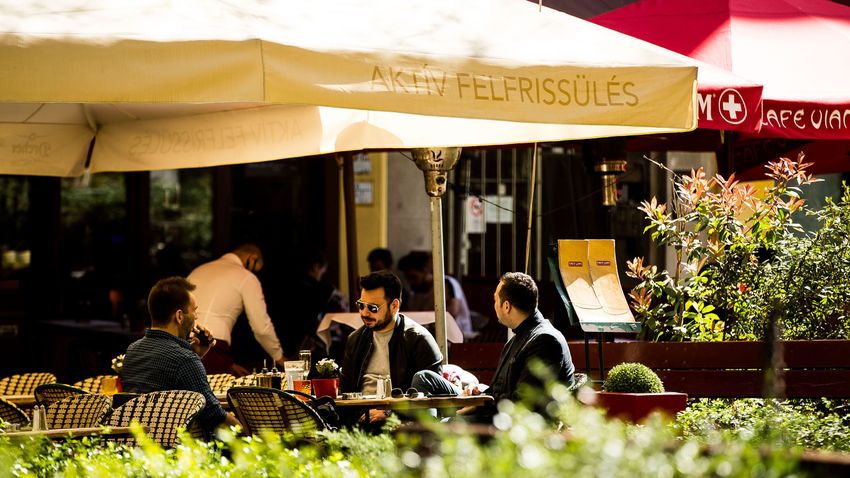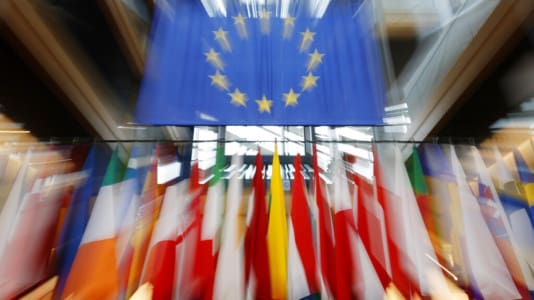Hungarian tourism showed huge signs of recovery in the first quarter of the year with even the onset of the war in Ukraine not significantly dampening hopes of a revival, Hungarian daily Magyar Nemzet reports.
The recovery of the Hungarian hospitality sector has been outstanding even in a regional comparison. As a result of the government’s economic rescue measures and consistent epidemic management, tourism in Budapest began to recover last year, while domestic demand in rural Hungary peaked in the last two years.
With more and more flights arriving from European countries freed from restrictions, more and more foreign tourists are arriving every month this year. Although the sector is now being challenged by the Russian-Ukrainian war that began at the end of February, and the ensuing inflation, fluctuations in inbound traffic are not expected to cause major losses, according to the data available so far.
In the first three months of the year, Ukraine was the first of Hungary’s ten largest sending markets, with tourists traveling to Hungary before the Russian invasion and spending 160,000 guest nights in commercial accommodation by the end of March. They were followed by the Germans, the Austrians, and the Czechs respectively, according to the monthly trend report of the Association of Hungarian Hotels and Restaurateurs.
They point out that the total gross turnover of hotels reached 28.4 billion Hungarian forints (€74.2 million) in March, which was more than six times the revenue achieved at the beginning of last year’s restricted spring, although it was 11 percent lower than in March 2019, the record year before the virus appeared.
Compared to the low basis of 2021, the number of guest nights increased by a total of 569 percent nationwide in the third month of this year — 486 percent in the capital and 636 percent in hotels outside Budapest.
Lake Balaton — as the most popular destination in Hungary — kept its traffic stable even during the pandemic, which is well shown by the fact that the number of visitors to the region around the lake increased by 2.45 percent in the early month of spring, which included a long weekend.
Turnover was also helped by inflationary effects, meaning the average percentage increase in gross room prices was in the double digits in March. At that time, compared to 2019, hotel nights nationwide cost 10.6 percent more, 31 percent more in Budapest and 45.6 percent more than at Lake Balaton.





